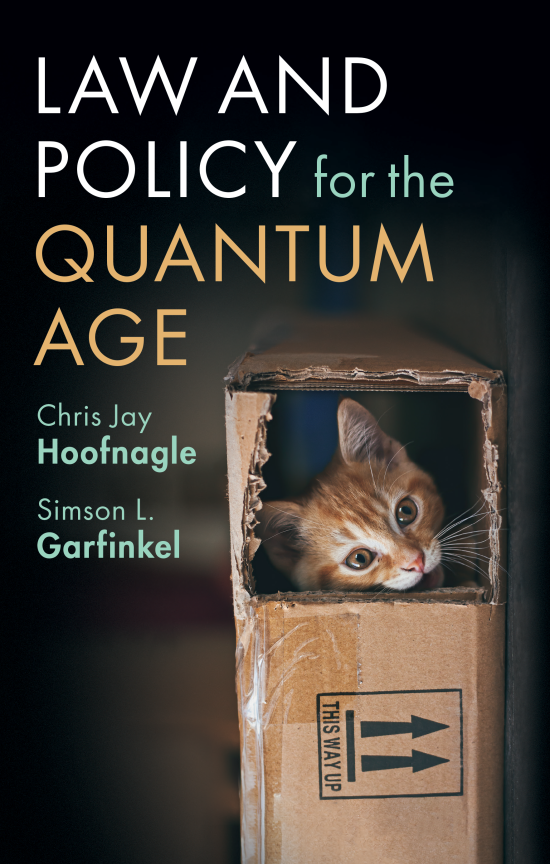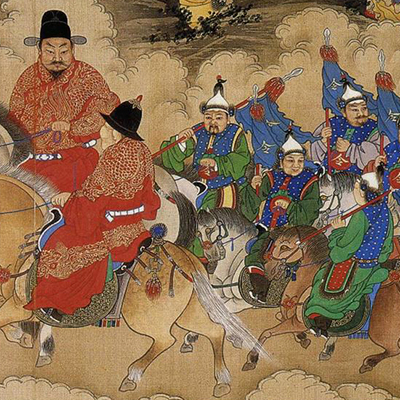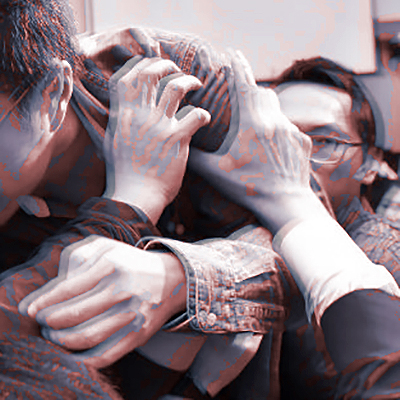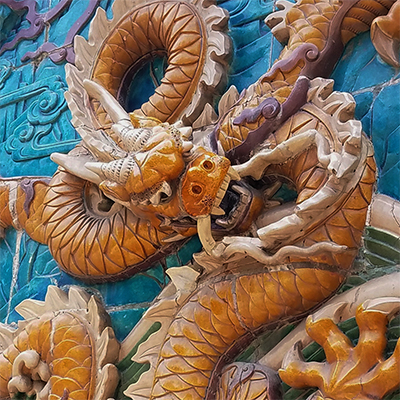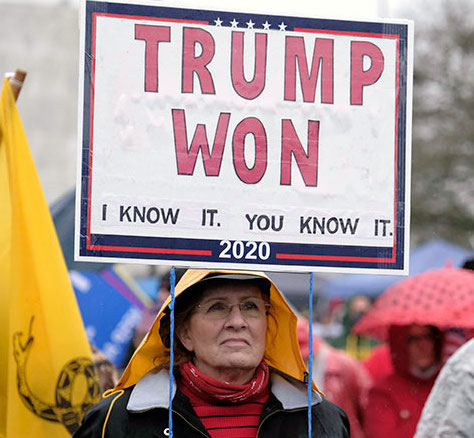In this lecture, Edward (Ted) Miguel, Distinguished Professor of Economics, will present findings from a development economics research project based on a large-scale randomized controlled trial (RCT) in Kenya that he and collaborators have been conducting since 2014. He will start by discussing the rise of experimental methods and open science tools in economics research. Ted will then focus on new results from the Kenyan RCT that investigates the impact of cash transfers on infant mortality, leveraging a unique large-scale census of local households’ birth histories. The findings provide novel evidence on the broader impacts of cash transfers on the health and wellbeing of a poor rural population, and illustrate the value of the experimental approach in development economics for public policy.
About Edward Miguel
Ted Miguel is Distinguished Professor of Economics, the Oxfam Professor of Environmental and Resource Economics, & Faculty co-Director of the Center for Effective Global Action at the University of California, Berkeley. He earned S.B. degrees in both Economics and Mathematics from MIT, received a Ph.D. in Economics from Harvard University, where he was a National Science Foundation Fellow. Ted’s main research focus is African economic development, including work on the economic causes and consequences of violence; interactions between health, education, environment, and productivity for the poor; and methods for transparency in social science research. He has published over 120 articles and chapters in leading academic journals and collected volumes. Prof. Miguel was elected as a Member of the American Academy of Arts and Sciences in 2020, and awarded the Econometric Society Frisch Medal in 2024.
This lecture is the inaugural Berkeley Distinguished Lecture in the Social Sciences, formerly the Moses Memorial Lecture. Co-sponsored by the Department of Economics, Center for Effective Global Action, Social Science Matrix, and Agriculture and Resource Economics.
View Map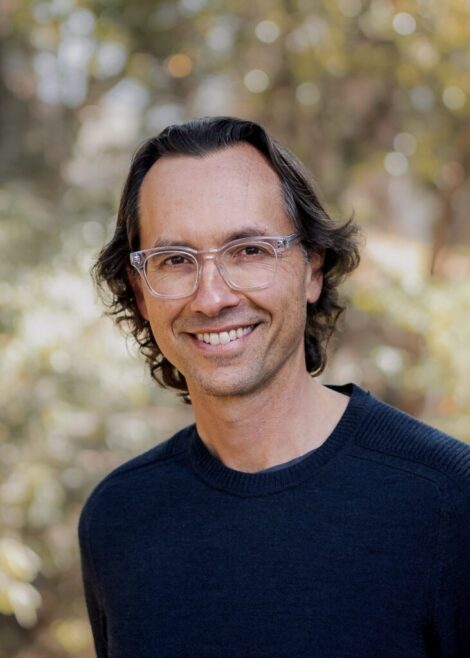
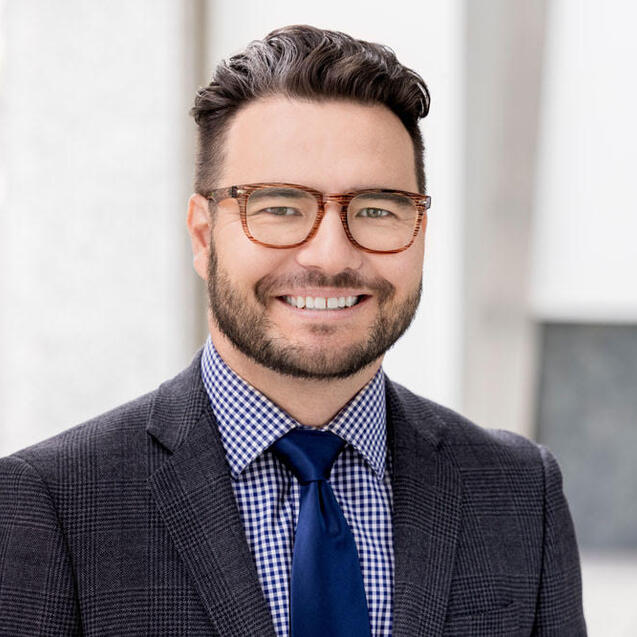
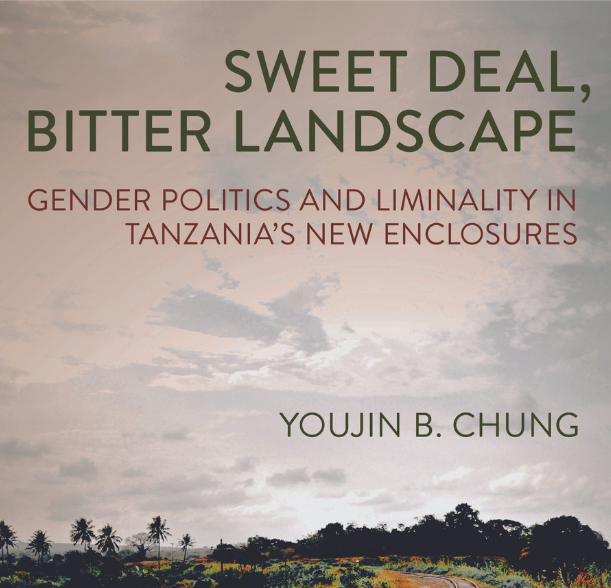
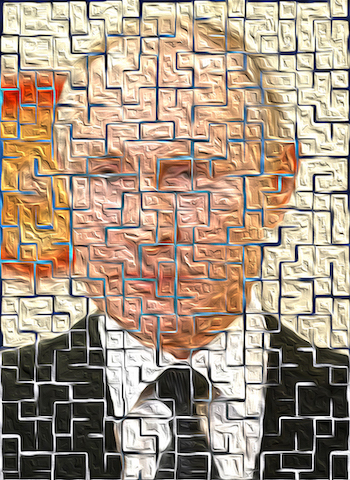

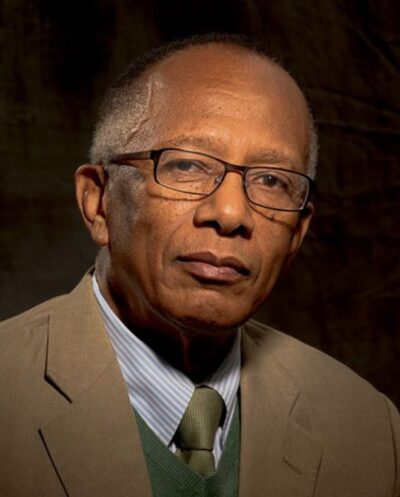
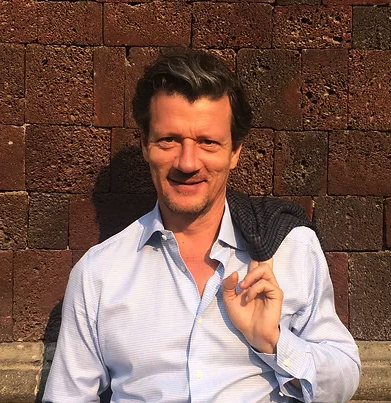
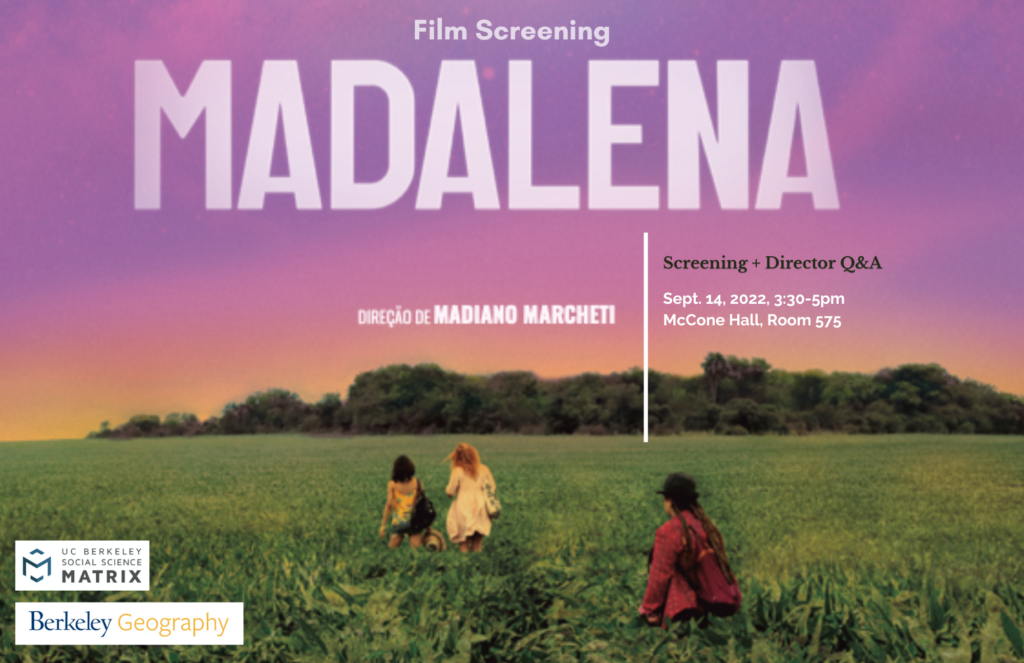
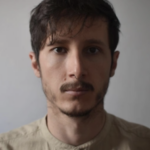 Less than a month before Brazil’s most important elections since the end of the military dictatorship in 1985, Berkeley Geography and Social Science Matrix are hosting the filmmaker
Less than a month before Brazil’s most important elections since the end of the military dictatorship in 1985, Berkeley Geography and Social Science Matrix are hosting the filmmaker 